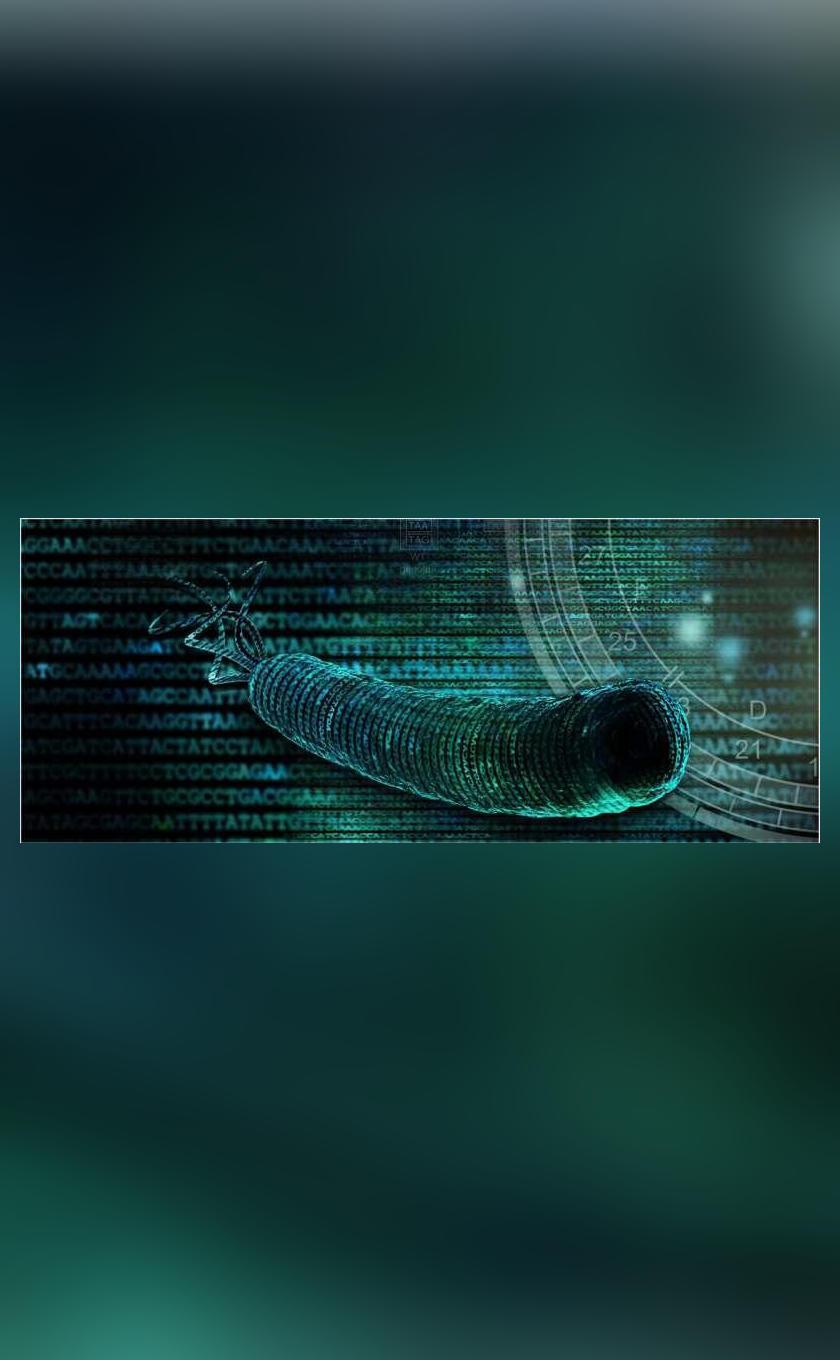
Scientists Shrink E. coli’s Genetic Code to Contain Only 57 of 64 Codons
In a groundbreaking achievement, scientists have successfully shrunk the genetic code of E. coli, a bacterium that is commonly found in the human gut, from 64 to 57 codons. This significant reduction in genetic code has allowed researchers to redesign the organism, creating a synthetic genome that is more efficient and easier to work with.
The process of shrinking the genetic code involved deleting seven codons and substituting them with other codons that serve the same function. This was achieved by dividing the 4 megabase (Mb) genome into 38 sections and making over 101,000 precise changes. The resulting organism, known as Syn57, is a simplified version of E. coli that is still capable of growing and thriving in its natural environment.
The reduction in genetic code has significant implications for the field of synthetic biology. Synthetic biology involves the design and construction of new biological systems, such as microorganisms, that can perform specific functions. By reducing the genetic code of E. coli, scientists have created an organism that is more amenable to genetic modifications and easier to engineer.
“This achievement represents a major breakthrough in synthetic biology,” said Dr. Alexander Green, lead author of the study. “By simplifying the genetic code of E. coli, we have created an organism that is more efficient and easier to work with. This will enable us to design and construct new biological systems more quickly and easily, which will have significant implications for a wide range of fields, including biotechnology, medicine, and environmental science.”
The reduced genetic code of Syn57 also has implications for our understanding of the evolution of life. The genetic code is a fundamental aspect of life, and its evolution has played a crucial role in the development of complex biological systems. By shrinking the genetic code of E. coli, scientists have created an organism that is more similar to the earliest forms of life on Earth, which is thought to have had simpler genetic codes.
“This achievement provides new insights into the evolution of life,” said Dr. Green. “By creating an organism with a reduced genetic code, we have been able to simulate the early stages of life on Earth and gain a better understanding of how life evolved from these simple forms.”
The study, which was published in the journal Nature, was conducted by a team of scientists from the University of California, Berkeley, and the University of California, San Diego. The researchers used a combination of computational and experimental approaches to design and construct the synthetic genome of Syn57.
The first step in the process was to identify the essential genes of E. coli, which are the genes that are necessary for the bacterium’s survival and growth. The researchers then used computational tools to identify the non-essential genes, which are genes that are not necessary for the bacterium’s survival and growth.
Once the essential and non-essential genes had been identified, the researchers used a combination of molecular biology and bioengineering techniques to delete the non-essential genes and substitute them with other codons that serve the same function. The resulting genome was then inserted into a bacterium, where it was expressed and the organism was allowed to grow and thrive.
The success of the study is a testament to the power of synthetic biology and its potential to revolutionize our understanding of life and our ability to design and construct new biological systems. As the field continues to evolve, we can expect to see even more innovative and groundbreaking achievements in the years to come.
In conclusion, the shrinking of E. coli’s genetic code from 64 to 57 codons is a significant achievement that has the potential to revolutionize the field of synthetic biology. By creating a simplified organism, scientists have demonstrated the ability to redesign biological systems and gain new insights into the evolution of life. As the field continues to evolve, we can expect to see even more innovative and groundbreaking achievements in the years to come.
Source:
https://phys.org/news/2025-08-scientists-genetic-code-coli-usual.html






